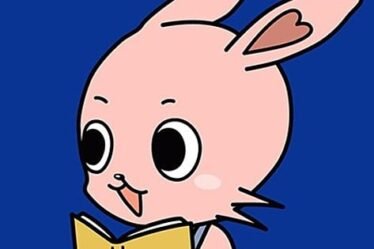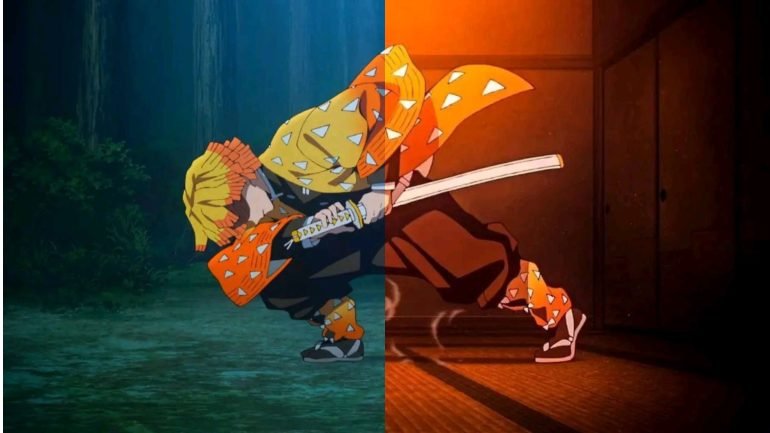
Zenitsu Agatsuma, a personality from the beloved “Demon Slayer” sequence, has attracted followers along with his distinctive persona and memorable journey.
Over time, Zenitsu has constructed up a major fan base, not just for his distinctive options, but in addition for his intriguing growth all through the sequence.
In contrast to his friends, Zenitsu is characterised by his persistent worry and aversion to combating, which initially made him a much less common character within the eyes of many followers.
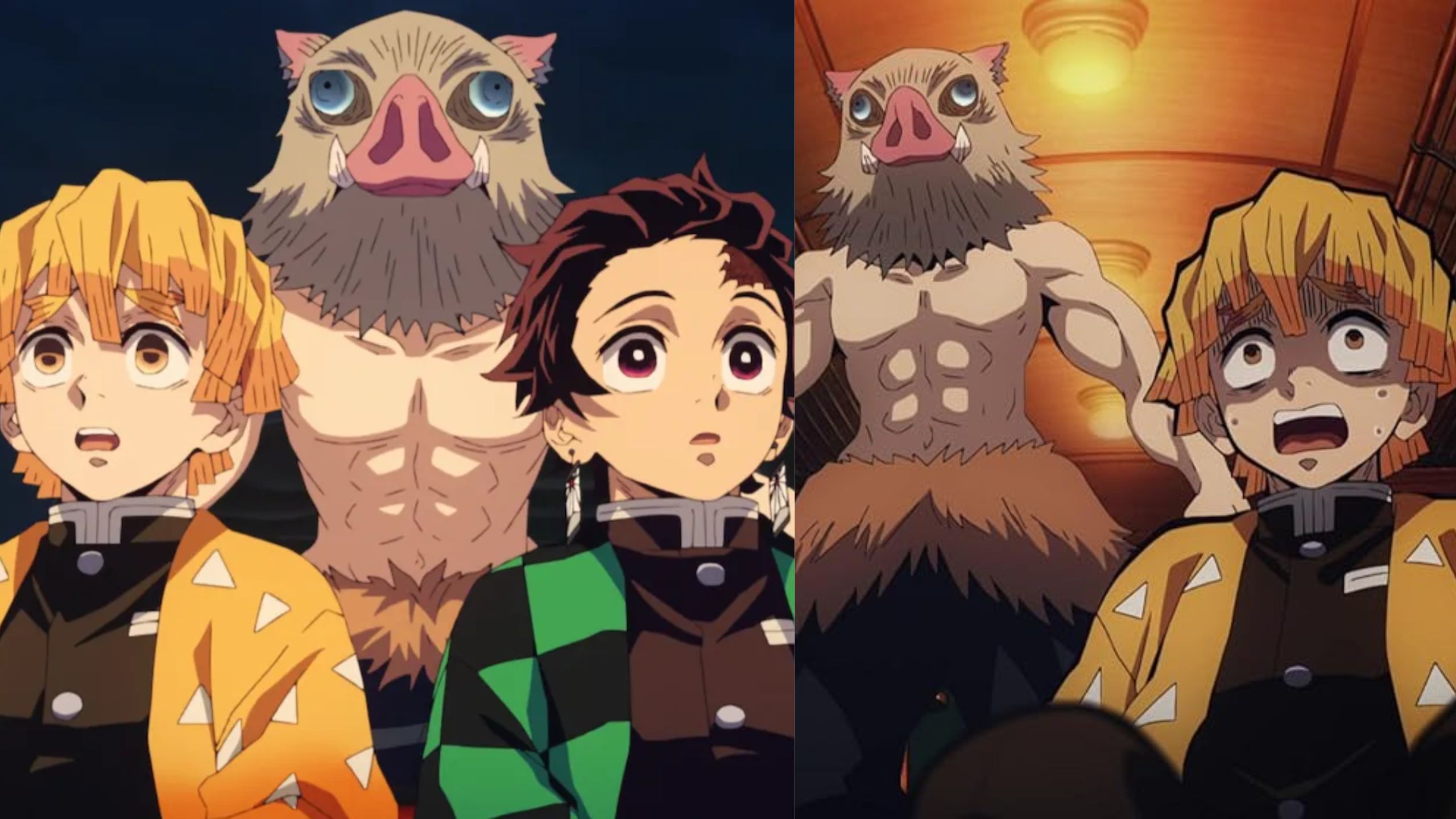

Nonetheless, his character growth has developed considerably, resulting in moments which have left a deep impression on viewers.
Zenitsu’s transformation from cowardly demon hunter to courageous fighter is a testomony to his complicated character.
His transformation was particularly evident within the final season finale, the place Zenitsu’s conduct took an sudden flip.
On this climactic episode, Zenitsu was present in Infinity Fortress, the place he assumed a severe and totally aware stance, a stark distinction to his traditional state of unconsciousness throughout battle.
This scene has spawned an interesting fan principle, suggesting that Zenitsu’s conduct could possibly be associated to an actual medical situation.
Zenitsu’s character and its evolution
Zenitsu Agatsuma’s character is characterised by his overwhelming worry and his aversion to collaborating in fight.
In contrast to most demon hunters within the “Demon Slayer” sequence, who’re characterised by their braveness and ability, Zenitsu stands out for his fixed worry.
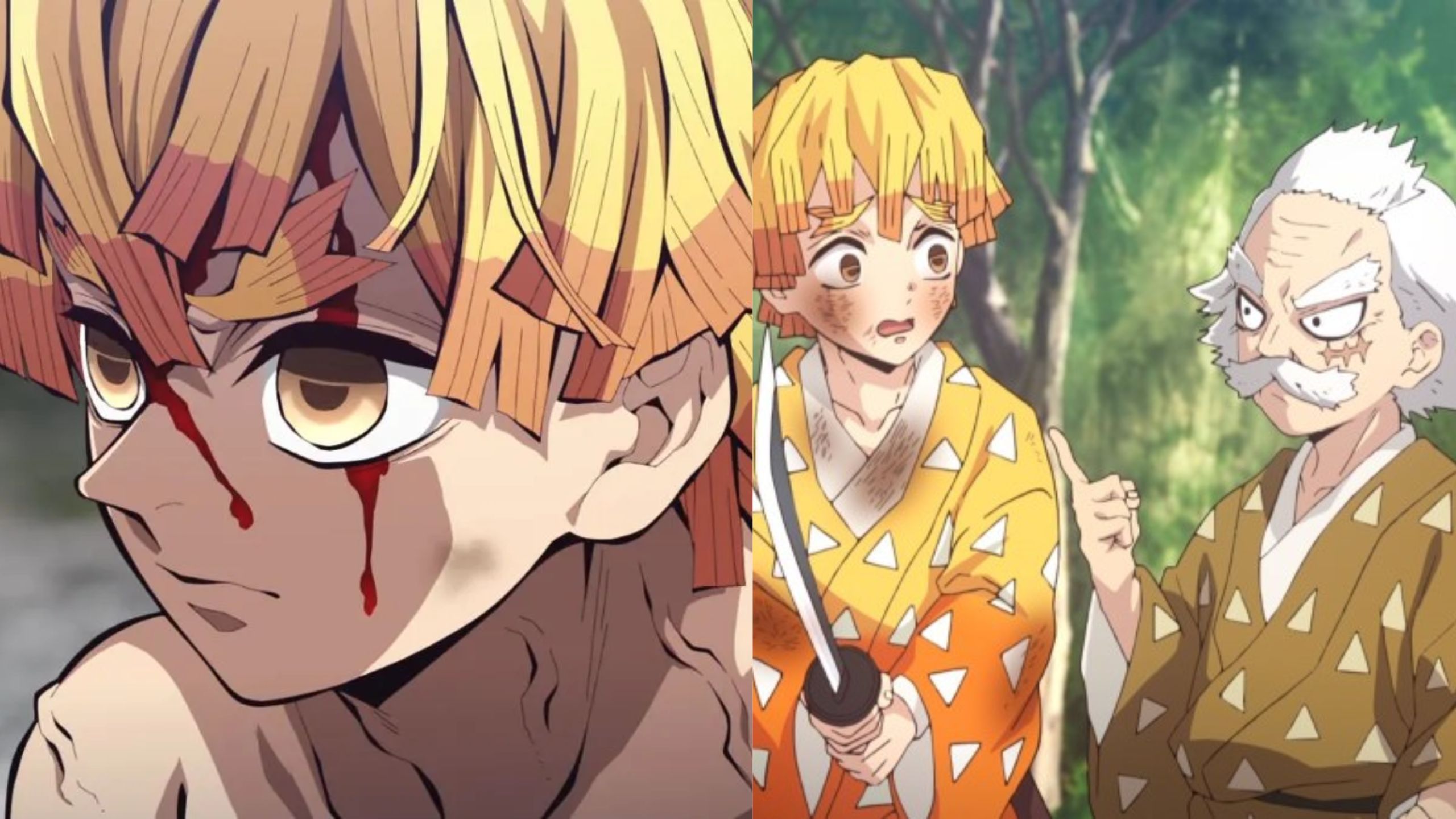

His preliminary portrayal as a fearful and infrequently clumsy fighter didn’t endear him to followers, and plenty of viewers discovered his cowardice to be a major downside, overshadowing his potential.
Nonetheless, Zenitsu’s character begins to earn respect when he faces fearsome demons, displaying a braveness that astonishes everybody.
His journey is marked by moments of sudden braveness, particularly when he fights whereas unconscious.
This distinctive facet of his character grew to become a defining trait and contributed to his rising reputation amongst followers.
Concept of break up persona dysfunction
The fan principle in query, put ahead by Reddit consumer u/Dry-Panorama-3942, means that Zenitsu might endure from break up persona dysfunction.
This principle goals to hyperlink Zenitsu’s conduct to a psychological situation characterised by the presence of two distinct personalities.
Within the context of the shonen style, the place characters usually exhibit exaggerated traits, this principle supplies an intriguing lens by which to research Zenitsu’s actions.
Concept Time! What if Zenitsu has a break up persona dysfunction?
byu/Dry-Panorama-3942 inKimetsuNoYaiba
Cut up persona dysfunction, or dissociative identification dysfunction (DID), entails two or extra separate persona states, every with its personal sample of notion and interplay with the world.
In Zenitsu’s case, principle means that his transformation from a coward to a courageous fighter could possibly be a sign of this situation.
The stark distinction between his conduct earlier than and after shedding consciousness helps this speculation: from shy and fearful he alters into somebody who shows outstanding braveness and ability.
Dissociative episodes and Zenitsu’s conduct
The idea of dissociative episodes might present an alternate clarification for Zenitsu’s conduct.
Dissociation entails somebody disconnecting from actuality. This may present itself in altered states of consciousness or identification.
Zenitsu’s frequent fainting spells, mixed along with his capability to combat successfully whereas unconscious, might be interpreted as dissociative episodes.
When Zenitsu loses consciousness, there’s a noticeable change in his conduct. Earlier than he faints, he’s characterised by his cowardice and reluctance to take part in a combat.


However as soon as he’s unconscious, his conduct adjustments dramatically. He turns into a fearless and decided fighter, displaying a stage of ability and braveness that contrasts sharply along with his traditional persona.
This duality in Zenitsu’s conduct may point out dissociative episodes, the place he briefly detaches from his fearful self to undertake a extra brave identification.
The episodes could possibly be a coping mechanism that enables him to confront the demons he’s dealing with, although he’s not totally conscious of his actions.
Limitations of Fan Concept
Whereas the speculation linking Zenitsu to separate persona dysfunction is intriguing, it is very important acknowledge its limitations.
Within the shonen style, character traits are sometimes dramatically emphasised to create narrative affect. This may make it troublesome to use real-life psychological diagnoses to fictional characters.
The dearth of a whole listing of signs and the dearth of definitive proof make it troublesome to attract concrete conclusions about Zenitsu’s situation.
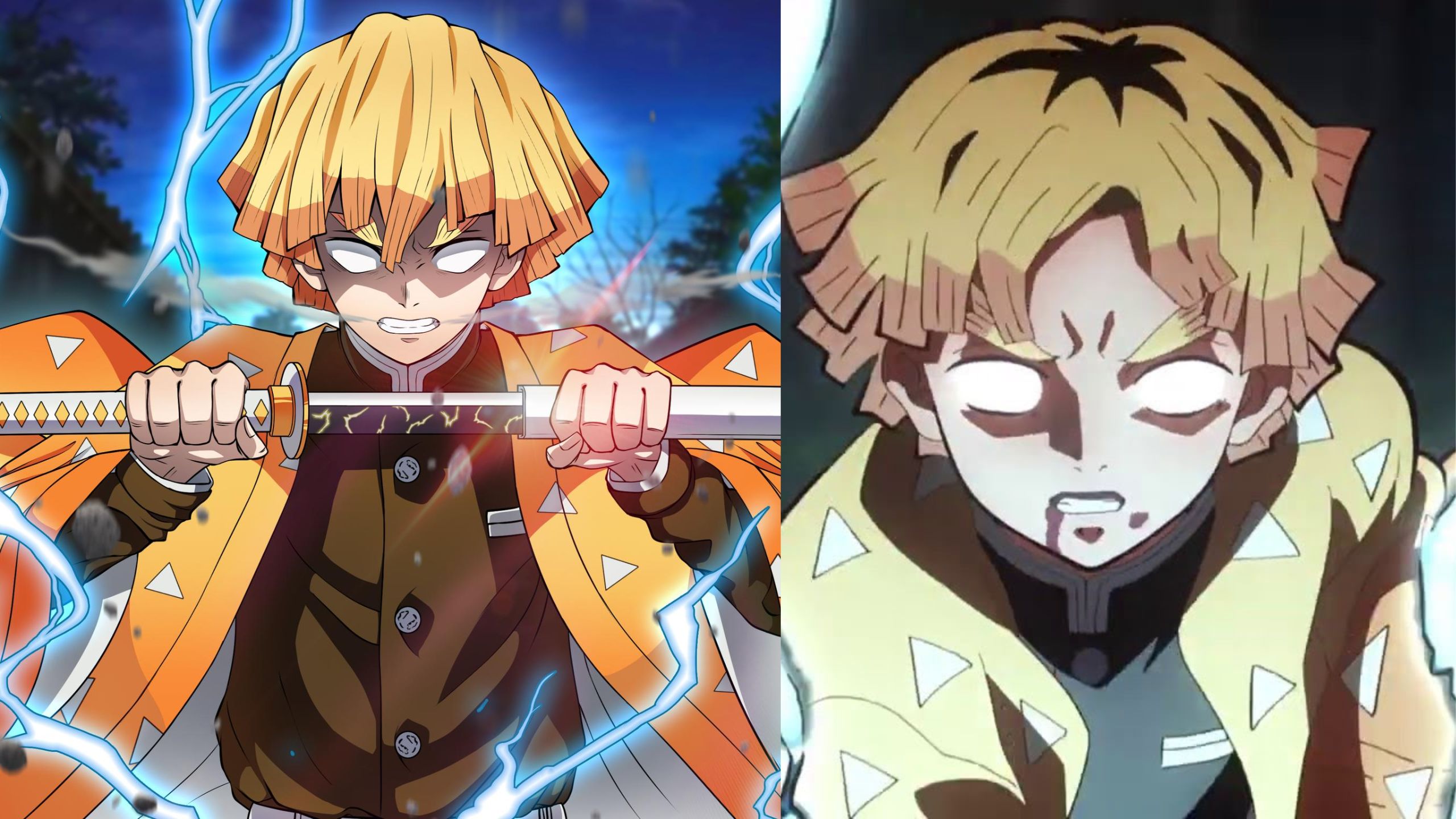

The idea stays speculative till the manga creator supplies extra data.
With no thorough understanding of Zenitsu’s signs and an official assertion from the creator, the speculation can’t be definitively confirmed.
You will need to method such theories with warning and to appreciate that they’re interpretations and never established details.
Different potentialities
One other risk is that Zenitsu might not have break up persona dysfunction, however as an alternative experiences dissociative episodes that happen particularly throughout fight.
Dissociative episodes can happen in a wide range of contexts and Zenitsu’s conduct could also be a response to the extraordinary stress created by battling demons.
This attitude means that his fainting and subsequent combating expertise are associated to his psychological state and to not a particular persona dysfunction.
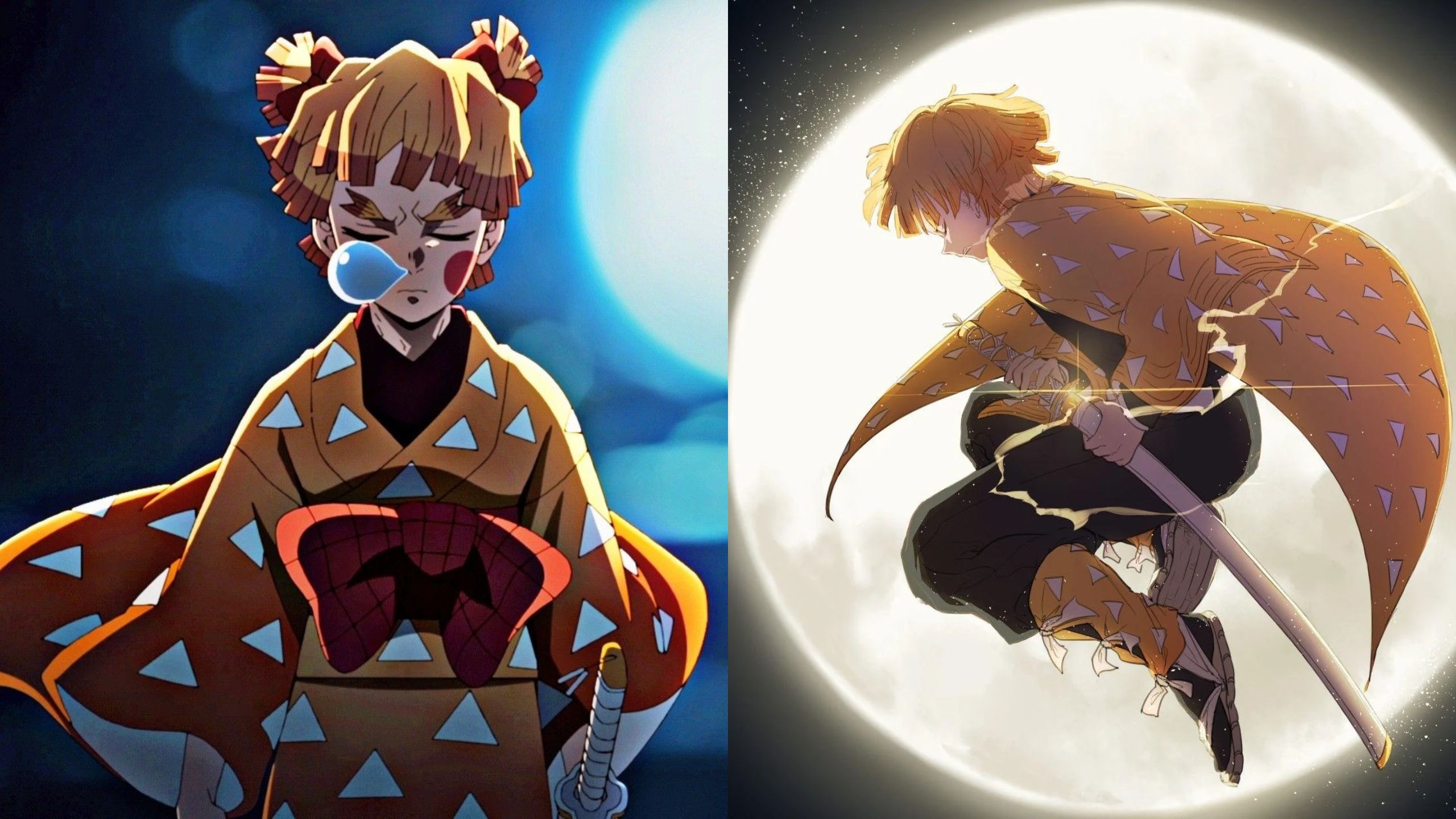

The combat in opposition to Kaigaku, an Higher Moon demon, is an exception to this sample. Throughout this combat, Zenitsu stays totally aware and continues to point out his combating expertise with out shedding management.
This second emphasizes that Zenitsu’s conduct might be influenced by components past a single psychological situation, corresponding to the precise circumstances of the battle or his private progress.
Ready for readability on Zenitsu’s situation
The fan principle concerning Zenitsu’s attainable medical situation is an interesting subject of debate, however it’s vital to attend for additional clarification from the manga artist.
The creator’s insights present helpful context and assist decide whether or not Zenitsu’s conduct matches real-world psychological circumstances.
Till then, followers are inspired to discover totally different interpretations, however ought to acknowledge the speculative nature of such theories.
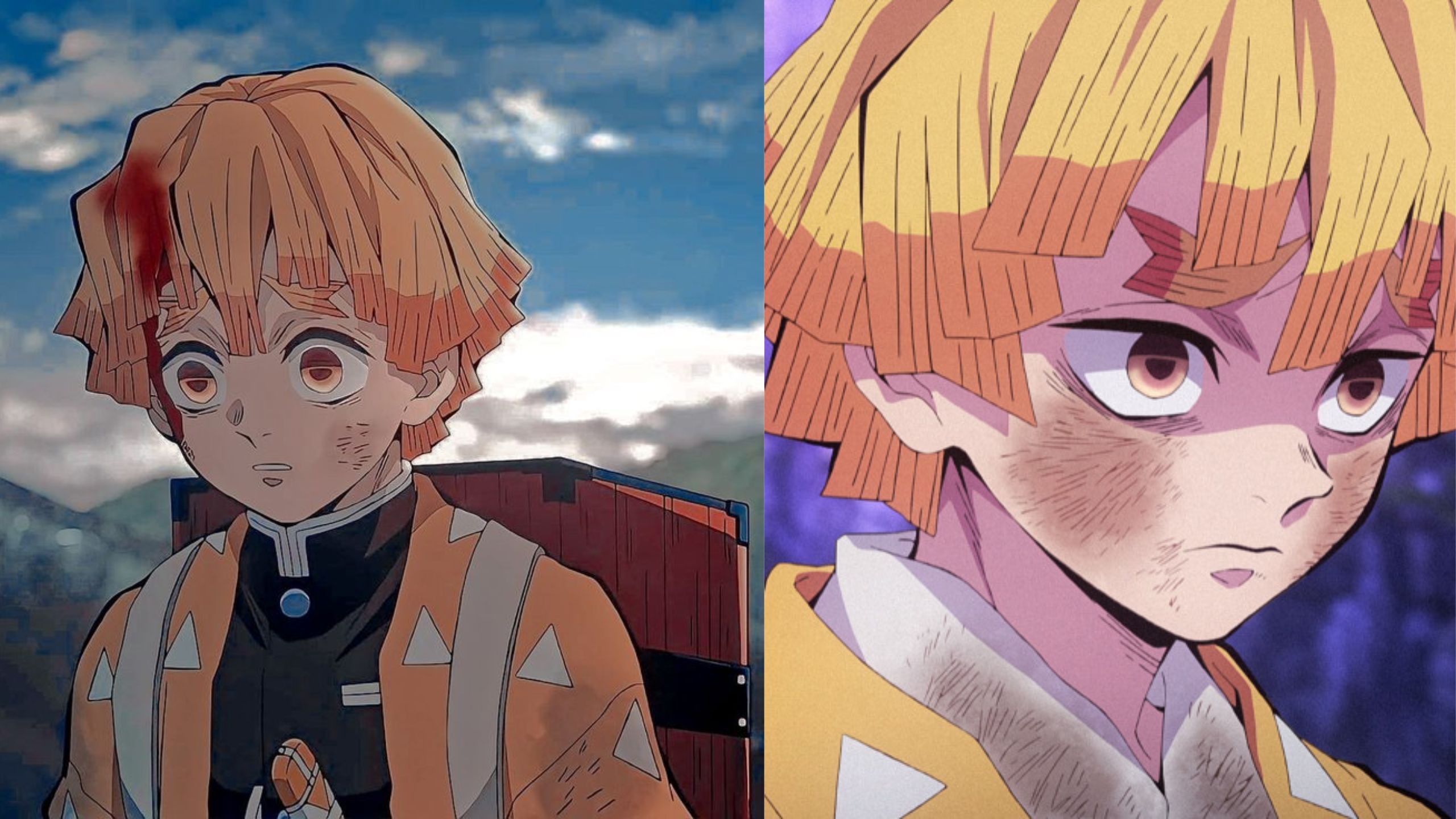

Because the “Demon Slayer” sequence continues to develop, followers can have the chance to realize deeper perception into Zenitsu’s character and the underlying components that affect his conduct.
Maintaining with updates from the manga artist is crucial to understanding the true nature of Zenitsu’s experiences and the attainable medical explanations behind his distinctive traits.
Zenitsu’s complicated character growth
Zenitsu Agatsuma’s character in “Demon Slayer” is characterised by a fancy interaction of worry, braveness and sudden bravery.
The fan principle suggesting a hyperlink between Zenitsu’s conduct and break up persona dysfunction presents an intriguing perspective, however stays speculative with out official affirmation.
Zenitsu’s duality, characterised by his cowardly conduct and brave combating spirit, is also attributed to dissociative episodes somewhat than a particular psychological situation.
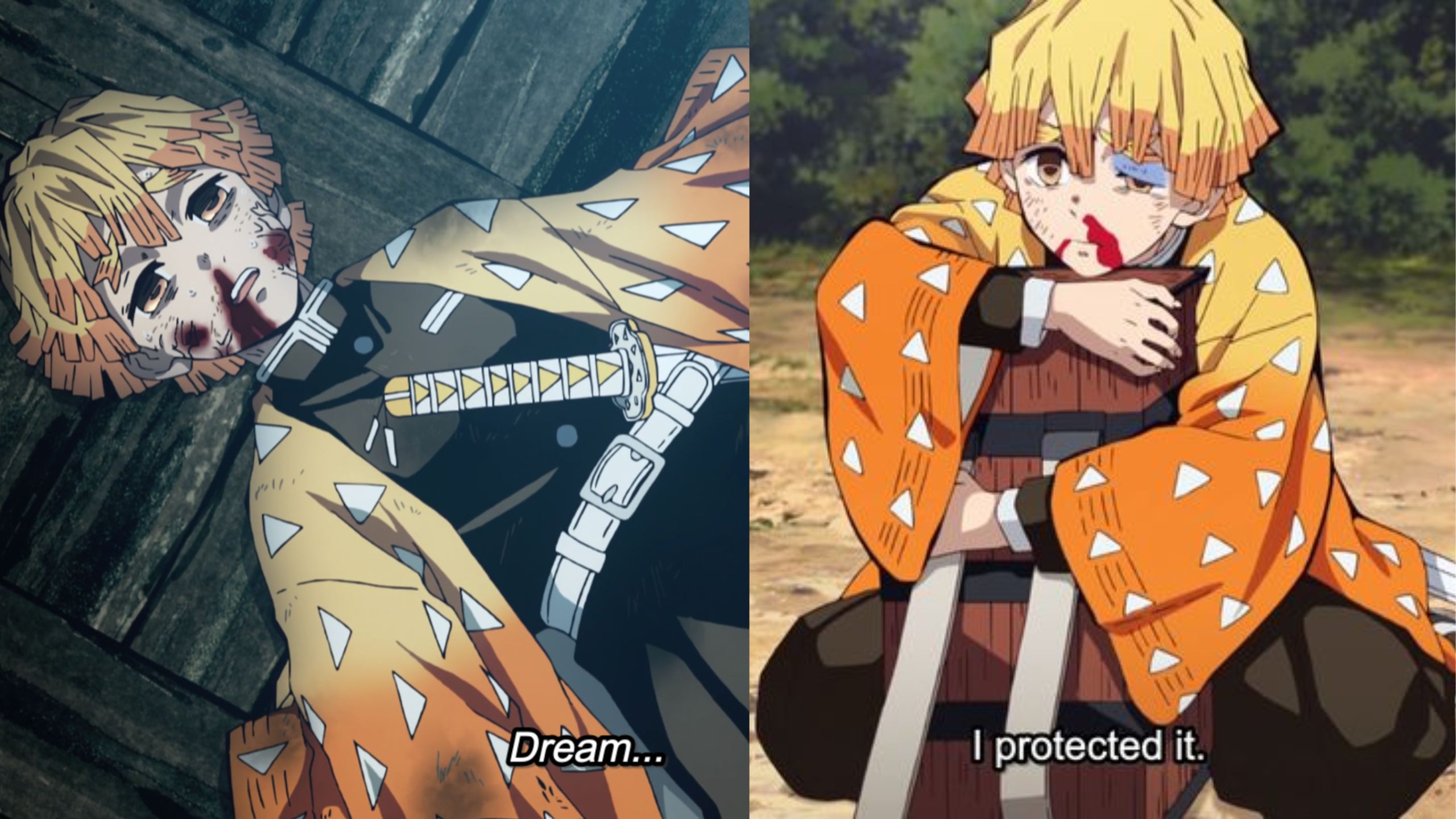

As followers proceed to discover the nuances of Zenitsu’s character, it is vital to method theories with an open thoughts and await additional insights from the manga’s creator.
The continued evolution of Zenitsu’s character guarantees to offer higher readability and depth, enriching the ultimate expertise of the “Demon Slayer” sequence.
Keep tuned for extra updates and discussions about “Demon Slayer” as 2024 progresses and proceed to enter the participating world of this iconic anime and manga sequence.

